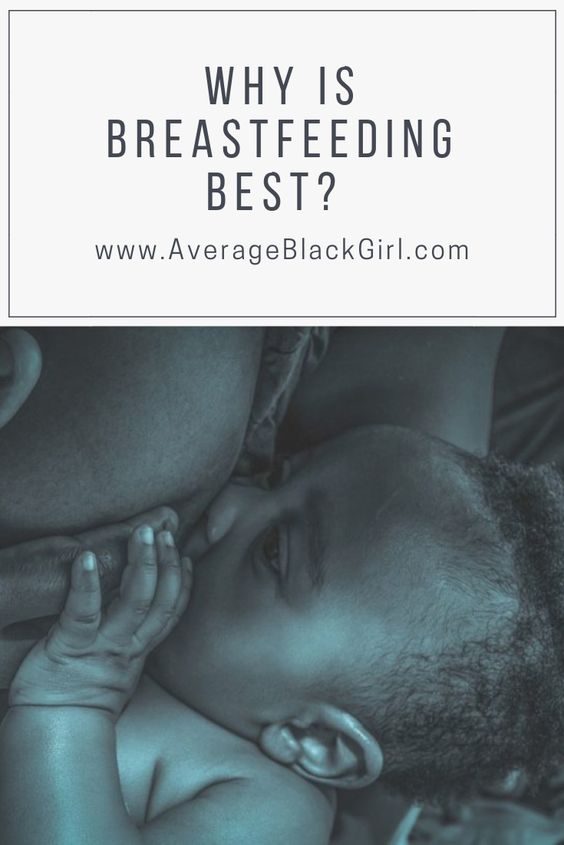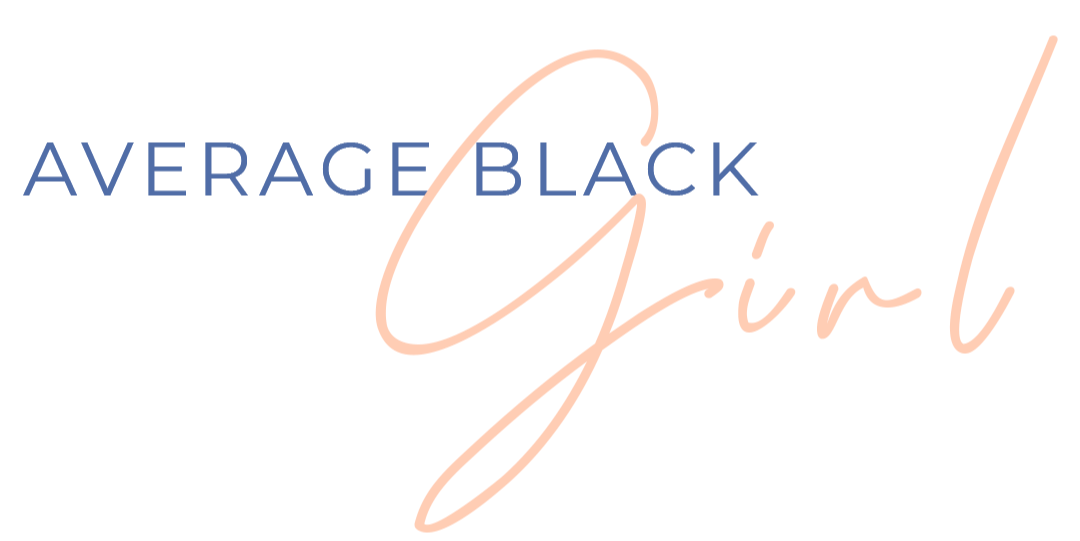Breastfeeding Is Nothing New For Black Women
Breastfeeding is not a new concept for Black women and we surely have been breastfeeding for centuries. Unfortunately, it isn't a common practice today in the United States. Black women continue to have the lowest rates for breastfeeding initiation and duration and that is not entirely surprising. We live in a nation that overall does not value or support Black people, let alone Black women, thus leading to the existence of many racial disparities in health. From high infant and maternal mortality rates to diabetes to fibroids, to breastfeeding, Black women are suffering.Why?
Well, the answer is multifarious. History in part plays a role. Due to our familial generations' experiences during slavery when Black women were forced to wet nurse slave owners' children at the expense of their own, over time, some Black women no longer viewed breastfeeding as something that ever benefited them or their families. Another reason is due to the lack of education or knowledge about breastfeeding. Infant formula became mainstream in the United States in the 1950s and everyone believed it was just as good as breast milk; this reigns true for some Black women today. The lack of knowledge about the benefits infants receives from breast milk as well as the benefits mothers receive from breastfeeding, pose additional barriers. Let's not forget about culture. In Black culture, it is common for women to encourage the use of formula and rice cereal to make sure the baby is big enough and sleeps through the night. Although this falls under cultural practices, an educational piece is also missing about the dangers of using rice cereal and the risks of not feeding your baby breast milk. In addition to these, the biggest reason is probably due to lack of support. Black women are least likely to have access to breastfeeding support. Whether it is at the hospital, at a WIC office, at home, or from an OB/GYN, support is little to none. In fact, some studies show that Black women are more likely to be given infant formula in the hospital than White women and least likely to be encouraged to breastfeed. Support in the workplace is also a major issue. Research suggests that Black women return to work earlier than White women so support upon returning to work is essential. When I mention support, I want to also add that when support is available, it is not culturally tailored to Black women or provided by other Black women. This is also a problem. The issues Black women face are far different from the issues that White women face so it is important for education and physical and emotional support be tailored to the experience of Black women.So Do Black Women Breastfeed?
The answer is yes! Despite the many barriers Black women face, breastfeeding is not a dead practice in the Black community. In fact, now more than ever, Black women are gaining the courage and appropriate support to feel confident enough to breastfeed in homes and in the community. Women learn how to breastfeed by watching other women breastfeed along with receiving the support that they need from health professionals. Since more Black women are breastfeeding, they are not only normalizing breastfeeding in the Black community but also showing women how to breastfeed their babies. Now, we also have more images on social media of Black women breastfeeding and speaking out about their experiences in order to be the support that many Black women need. Communities are coming together to create organizations specifically for encouraging, teaching, and supporting Black women in their decision to breastfeed. In addition, starting in 2012, from August 25th to August 31st we have ‘Black Breastfeeding Week’. This serves to educate women about the racial disparities in breastfeeding and the health risks that affect Black women and their babies as a result of not breastfeeding. It also serves to encourage women to breastfeed and to help support women who make the decision to do so. This year the theme for Black Breastfeeding Week is ‘Love On Top’. This theme speaks to the idea that mothers express and channel love to not only breastfeed but to overcome life’s challenges and to support one another and their families. It is a theme that revolves around vulnerability and empowerment. It allows Black mothers to be vulnerable and open about their challenges but also to be empowered and to know that they are supported.So Where Do We Go From Here?
Mahatma Gandhi said “Be the change you wish to see in the world” and it couldn’t be truer. That is exactly what Black women are doing and will continue to do. More work needs to be done to ensure culturally tailored support is provided to Black women in hospitals after childbirth, upon returning home, upon returning to work, and out in the community. More Black women are needed in lactation to serve as a relatable health professional that Black women will trust and feel comfortable going to for breastfeeding support. The list goes on, but at least the list is being tackled, one issue at a time. Although more work needs to be done, we are headed in the right direction and should be proud of the long strides we have made! So let us celebrate Black women, celebrate breastfeeding, celebrate Black women breastfeeding, celebrate love, and celebrate progress! #BlackBreastfeedingWeek2018 #BBW18 #LoveOnTop #BlackWomen #BlackWomenDoBreastfeedPin It!






